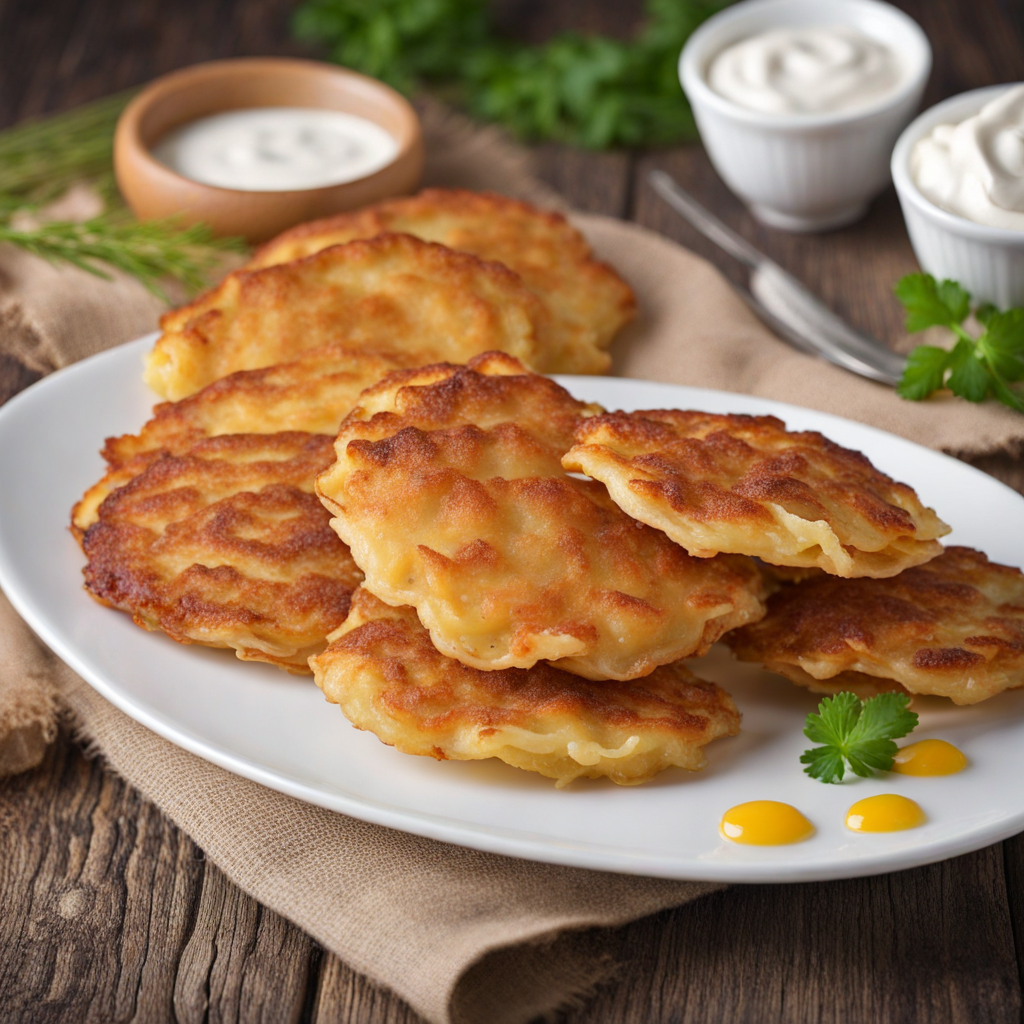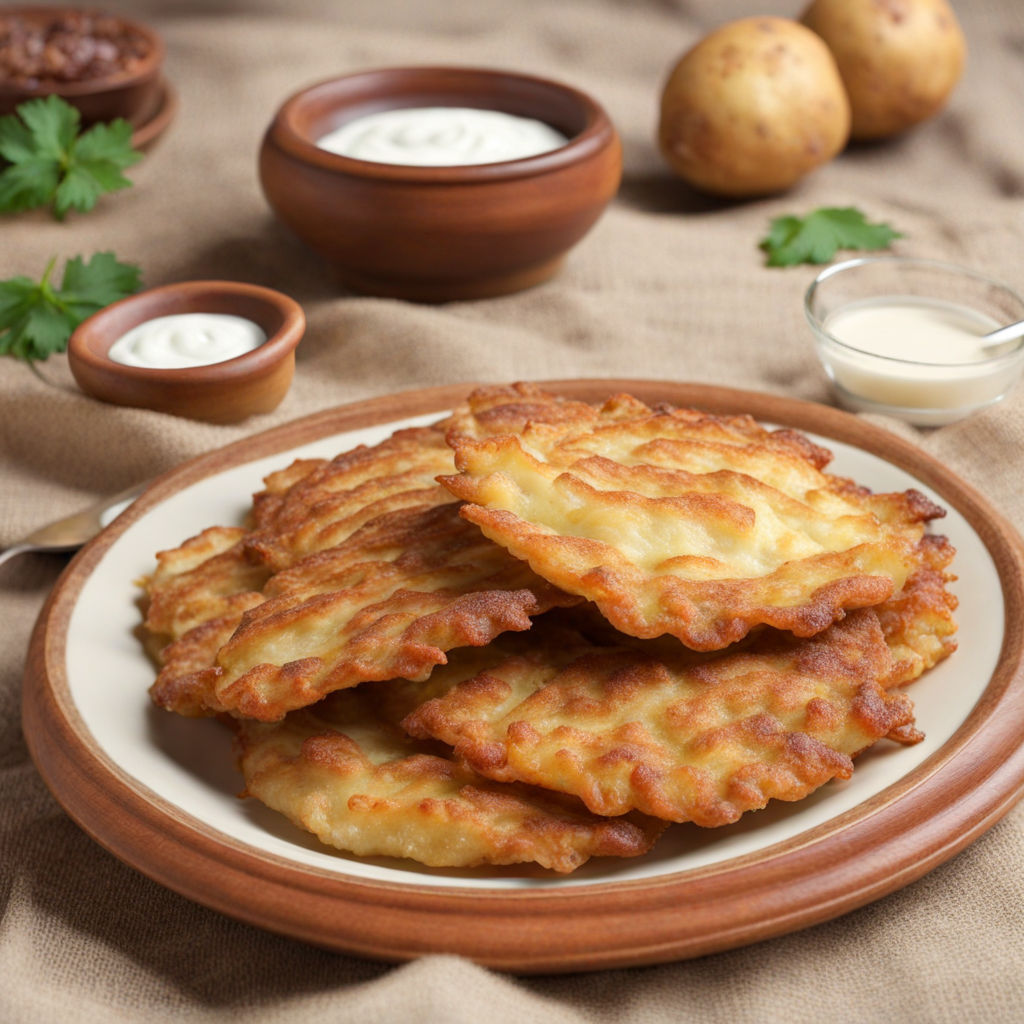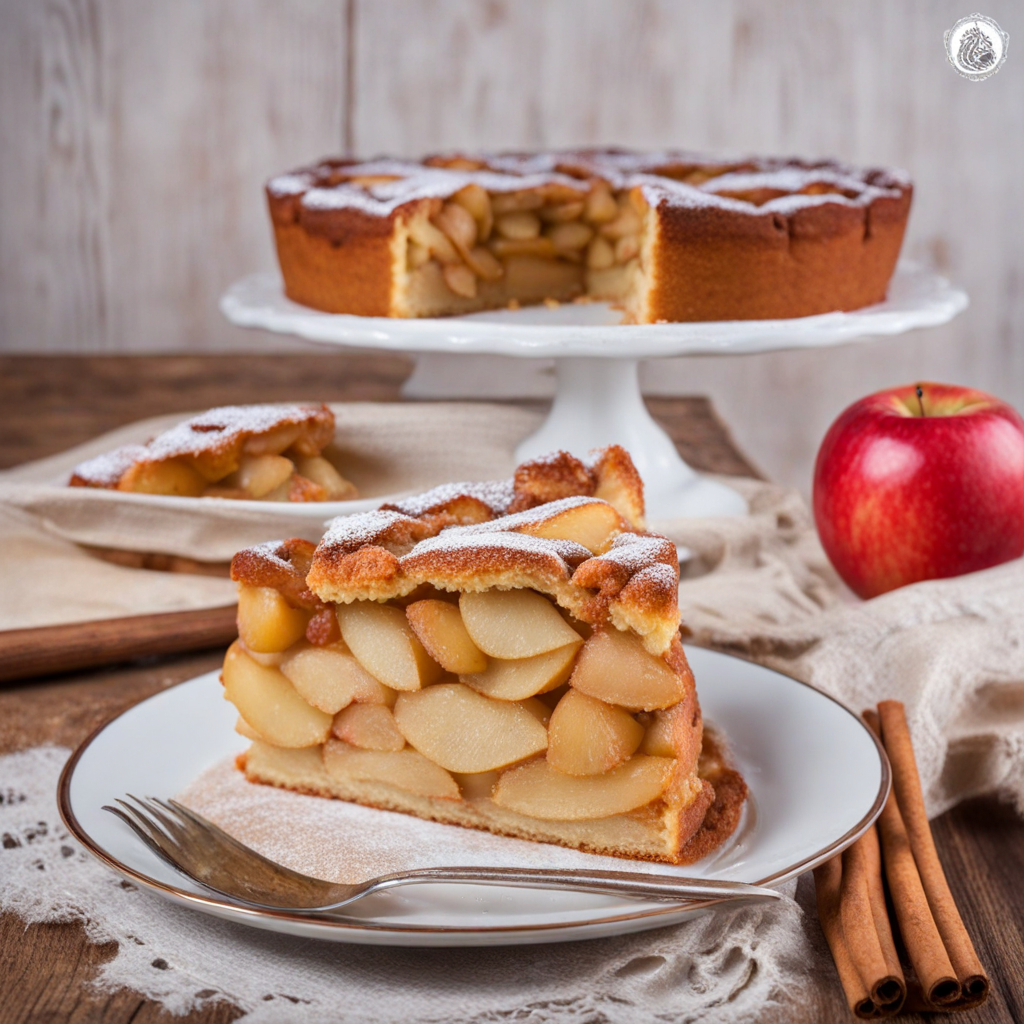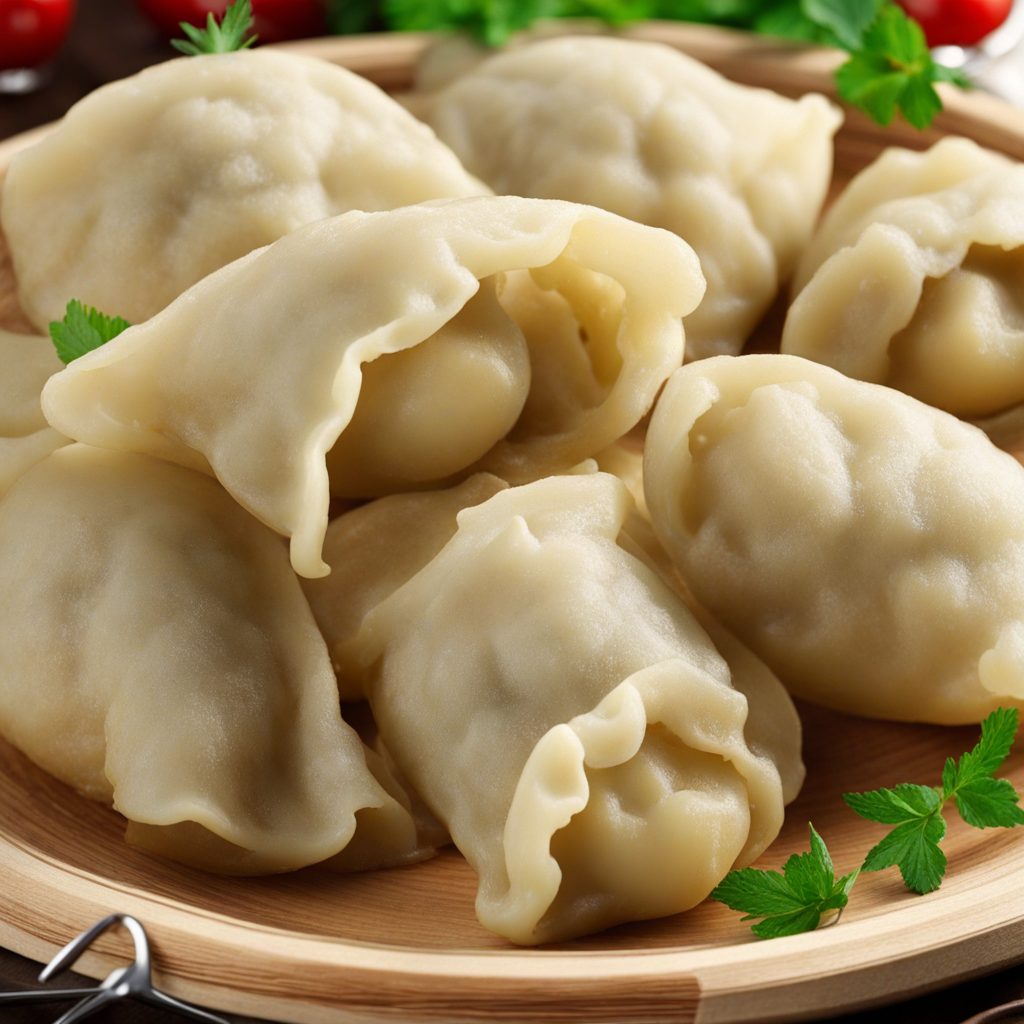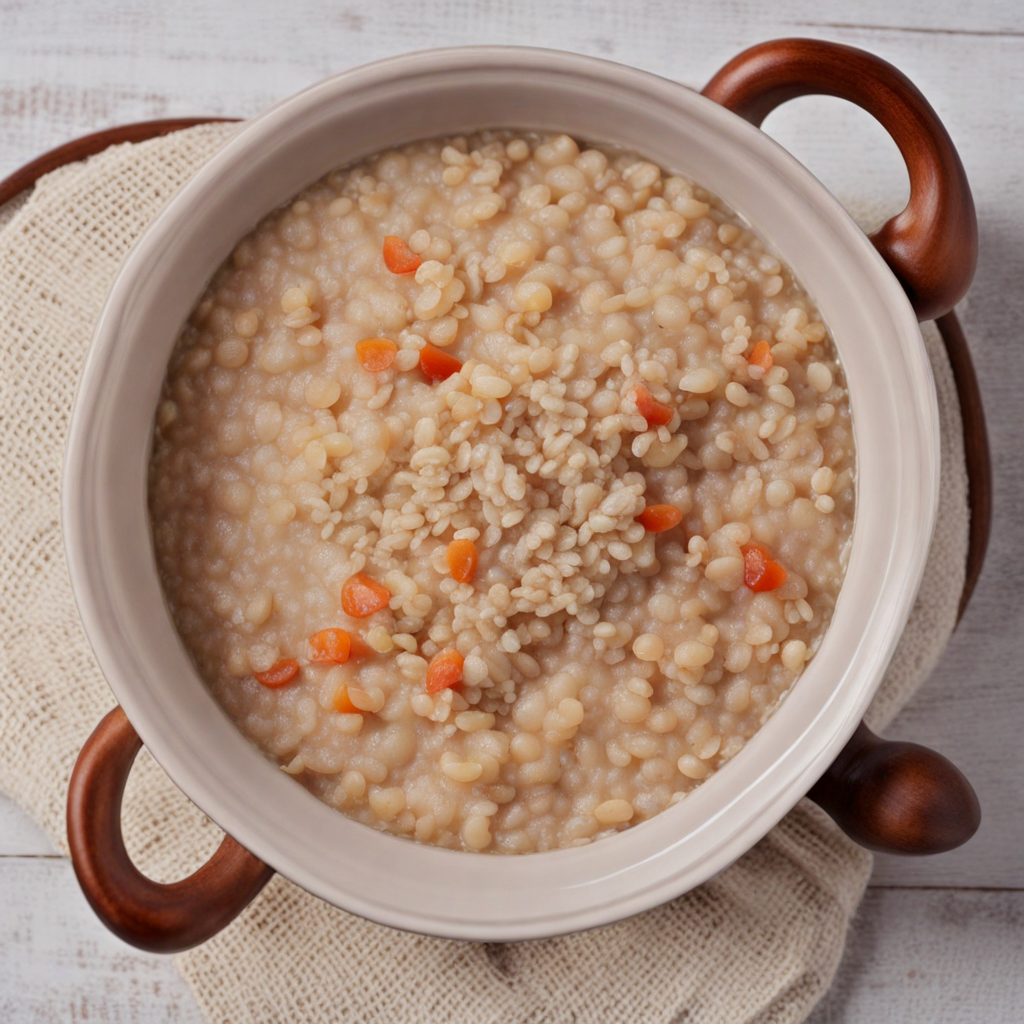Deruny
Deruny, also known as Ukrainian potato pancakes, are a beloved traditional dish that showcases the humble potato in a delightful way. Made from grated raw potatoes, they are often mixed with onions, eggs, and a touch of flour to create a cohesive batter. The mixture is then spooned onto a hot skillet, where it sizzles and transforms into golden-brown pancakes that are crispy on the outside and tender on the inside. Each bite offers a satisfying crunch, followed by the soft, comforting flavor of the potatoes, making them an irresistible treat for both locals and visitors alike. These savory pancakes are typically served with a dollop of sour cream, which adds a creamy, tangy contrast to the crispy texture of the deruny. Some variations may include herbs like dill or parsley, which infuse the dish with fresh flavors, enhancing the overall experience. Additionally, deruny can be enjoyed with a side of applesauce or even smoked salmon, showcasing their versatility and ability to pair beautifully with both savory and sweet accompaniments. Deruny is not only a delicious dish but also a reflection of Ukrainian culinary traditions, representing comfort and home-cooked meals. Whether enjoyed as a hearty breakfast, a satisfying snack, or a side dish at a family gathering, these potato pancakes evoke a sense of warmth and nostalgia. With their simple yet delightful flavor profile, deruny invites food lovers to explore a taste of Ukraine that is both unique and deeply rooted in the country's rich gastronomic heritage.
How It Became This Dish
Деруни: A Delicious Journey Through Ukrainian Culinary Heritage #### Origins Деруни, pronounced as "deruny," are traditional Ukrainian potato pancakes that have become a beloved staple in the country’s rich culinary repertoire. The origins of деруни can be traced back to the agrarian lifestyle of Eastern European societies, where potatoes were first introduced in the 18th century. Initially cultivated in South America, potatoes made their way to Europe and were adopted into various cuisines, particularly after the crop flourished in the harsh climates of countries like Ukraine. The name "деруни" is believed to be derived from the word "деру́н," which means "to grate" in Ukrainian, reflecting the cooking method that involves grating raw potatoes. The dish is emblematic of the peasant cooking style, which emphasized the use of simple, locally sourced ingredients. Potatoes, being hearty and versatile, became a dietary staple, and thus, деруни emerged as an ingenious way to prepare them. #### Cultural Significance Деруни hold a significant place in Ukrainian culture, often associated with home-cooked meals and family gatherings. They are not just food; they symbolize comfort, nostalgia, and the warmth of Ukrainian hospitality. Traditionally, they are served as a main dish or a side, often accompanied by sour cream, a dollop of applesauce, or a sprinkle of fresh herbs. The preparation of деруни is often a communal activity, with families coming together to peel, grate, and fry potatoes while sharing stories, laughter, and quality time. In rural areas, деруни are often prepared during harvest season when potatoes are plentiful. They can be found at celebratory feasts, especially during holidays such as Christmas and Easter, where they are part of a larger spread of traditional dishes. The versatility of деруни also allows for regional variations, incorporating local ingredients such as onions, garlic, or even mushrooms, making each version unique to its locality. #### Development Over Time As Ukrainian cuisine evolved through the centuries, so did деруни. Initially, the pancakes were simple — just grated potatoes, salt, and sometimes onions, fried in oil or lard. However, as culinary practices developed and diversified, so too did the variations of деруни. Different regions of Ukraine began to put their own spin on the dish, leading to various adaptations. In western Ukraine, for example, chefs might incorporate more spices or herbs into their деруни, reflecting the influence of neighboring countries such as Poland and Hungary. In contrast, eastern Ukrainian variations might emphasize the use of sour cream or dairy products, highlighting the culinary ties to Russian cuisine. The modern iteration of деруни often includes ingredients such as flour or eggs to bind the mixture, which can alter the texture and flavor. Some contemporary cooks experiment further by adding grated cheese, zucchini, or even beets to the mix, creating colorful and flavorful variations that appeal to modern palates. In urban settings, деруни have found their way onto restaurant menus, adapting to contemporary dining trends while still honoring their traditional roots. Chefs often present them in innovative ways, such as pairing them with gourmet sauces or serving them alongside upscale ingredients like smoked salmon or caviar. This transition from humble peasant food to a dish capable of gracing fine dining establishments speaks to the versatility and enduring popularity of деруни. #### The Modern Era and Global Influence In recent years, as globalization has influenced culinary trends, деруни have crossed borders, gaining recognition outside of Ukraine. Ukrainian diaspora communities have played a crucial role in this cultural exchange, sharing their traditional recipes with new generations and diverse audiences. Food festivals and cultural events celebrate Ukrainian heritage, often featuring деруни as a highlight, thus introducing this delightful dish to an ever-growing audience. Social media has also played a significant role in popularizing деруни, as food bloggers and influencers showcase their unique takes on the dish. Beautifully plated деруни have become a favorite on platforms like Instagram, where visual appeal is paramount. This trend has led to a resurgence of interest in traditional Ukrainian foods, with many seeking to learn how to make деруни at home. #### Conclusion Деруни are more than just potato pancakes; they are a reflection of Ukraine's rich agricultural history and cultural heritage. From their humble origins in the peasant kitchens to their place in modern culinary trends, деруни embody the spirit of Ukrainian hospitality and innovation. They serve as a bridge connecting generations, cultures, and cuisines, showing how food can tell a story that is both personal and universal. As we savor a bite of деруни, we not only enjoy a delicious dish but also partake in a tradition that has stood the test of time, celebrating the resilience and creativity of a people who have nurtured their culinary heritage through centuries of change. Whether prepared in a rustic home or a chic urban bistro, деруни will forever remain a cherished emblem of Ukraine’s heart and soul.
You may like
Discover local flavors from Ukraine


